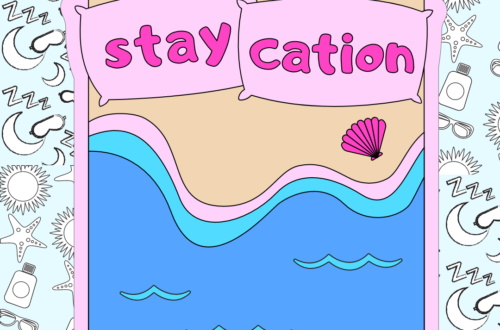
Plastic Recycling: Too Good to be True?
By Collin Hunnicutt
The plastic you think you are recycling, more likely than not, will never be recycled. Throwing your plastic in the recycling bin and forgetting about it is not enough. Research has found that replacements need to be used instead of plastic and the material needs to be recognized for what it really is: garbage.
When you finish your water and throw the bottle in a recycling bin, like so many others, you are probably thinking it is going to be turned into something new. The reality is that only about 5% of plastics will be turned into something new according to “Recycling Plastic is Practically Impossible — and the Problem is Getting Worse,” by NPR.
Additionally, according to the CBS article “Plastic Recycling a “Failed Concept,” Study Says, With Only 5% Recycled in U.S. Last Year as Production Rises, ” there are five main reasons that recycling plastic is a “failed concept.” First, plastic waste is generated in amounts that make it nearly impossible for it all to be collected and sorted. Second, different types of plastic can not be recycled together. To sort all the plastic waste would be an impossible task. Third, the process the plastic must go through is harmful to the environment. It releases harmful toxins that are exposed to the workers as well as creating micro plastics. Fourth, recycled plastic materials carry a risk of toxins making it unfit for food-grade material. Finally, the entire recycling process is expensive.
“The real solution is to switch to systems of reuse and refill,” said senior plastic campaigner for Greenpeace USA Lisa Ramsden to NPR. “We are at a decision point on plastic pollution. It is time for corporations to turn off the plastic tap.”
Slowing the production and consumption of plastics is much easier said than done. It would be much more expensive for corporations to switch to alternative packaging such as glass or biodegradable cartons. And consumers avoid reducing plastic use because they feel that by recycling they are doing their part.
To slow your plastic use can feel like a difficult task, but it is a minor inconvenience that will be beneficial for the world in the long run. Using a reusable water bottle, avoiding plastic straws, and using your own bag when shopping are all ways for you to do your part. It is not possible for our world to absorb the plastic use today. It fills our landfills. A clean world becomes less and less possible for future generations if curbing the use of plastic does not become a priority.





